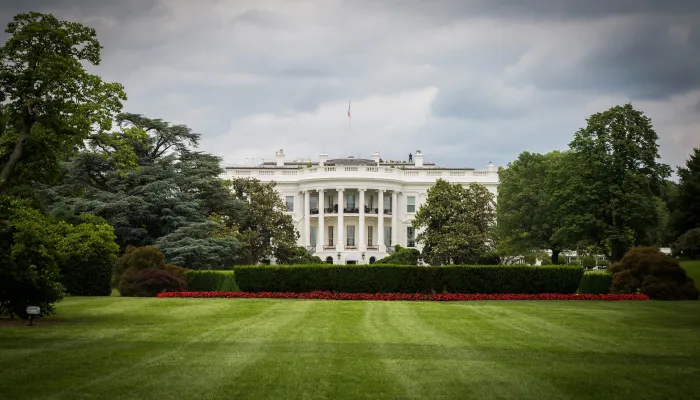House Lawmakers Reintroduce Debt Ceiling Reform Legislation
On September 20, Representatives Scott Peters (D-CA) and Bill Huizenga (R-MI), Co-Chairs of the Bipartisan Fiscal Forum, reintroduced the Responsible Budgeting Act (RBA), which would create new mechanisms to raise the debt ceiling while promoting fiscally responsible solutions.
The debt ceiling, otherwise known as the statutory limit on the public debt, is one of the few fiscal rules in the federal budgeting process. Failure to raise the debt ceiling and therefore defaulting on our debt would result in significant negative consequences both for the budget and the economy; however, the need to raise it presents an important moment for lawmakers to consider changes that improve our fiscal situation, and raising the debt ceiling has often been accompanied by measures to do so. Most recently, the Fiscal Responsibility Act suspended the debt ceiling alongside $1 to $1.5 trillion of deficit reduction measures, largely from caps on discretionary spending.
The RBA aims to improve the debt ceiling process by making default a less likely outcome through two alternatives. First, if Congress passes a concurrent budget resolution that would reduce the debt-to-Gross Domestic Product (GDP) ratio by at least 5 percent of GDP over ten years, then a separate joint resolution raising the debt limit would also be sent to the President. A vote for the concurrent budget resolution would be treated as a vote for the joint resolution as well.
Alternatively, if Congress does not pass a concurrent budget resolution by its April 15 deadline or if the government is 60 days from defaulting, the President may notify Congress that he or she is raising the debt limit through the next fiscal year. Congress would have 30 days to disapprove the President’s action through a joint resolution, subject to a potential veto, otherwise the debt ceiling would be raised. The President must also submit a debt reduction proposal to Congress when notifying them that he or she is raising the debt limit. This proposal must meet the same debt-to-GDP ratio requirements outlined above.
Maya MacGuineas, president of the Committee for a Responsible Federal Budget, praised the bill’s introduction this Congress:
The Responsible Budgeting Act would encourage lawmakers to improve our fiscal outlook while adjusting how lawmakers raise the debt limit to minimize the risk of default. We definitely need constraints on our borrowing, but we should never jeopardize the full faith and credit of the United States. We thank Representatives Scott Peters and Bill Huizenga for working on an important bipartisan solution to reduce the threat of default.
Congress will need to raise the debt ceiling some time next year after it takes effect in January 2025. Measures like the RBA would encourage them to consider our fiscal situation while avoiding the more potentially disastrous consequences of default.
For more information on reforming the budget process, see our Better Budget Process Initiative page.


